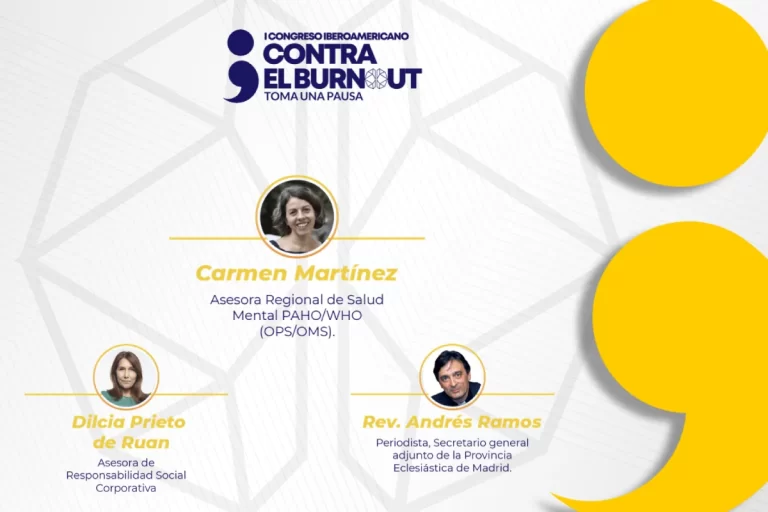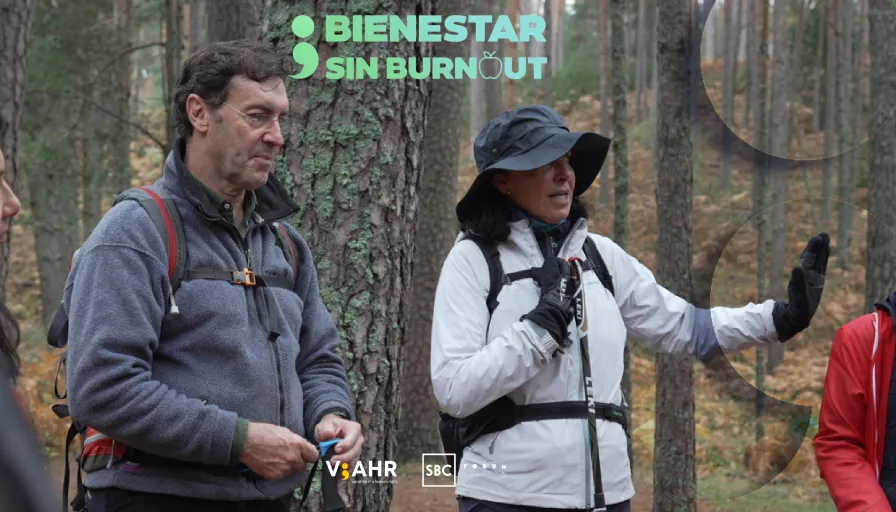En nuestro Primer Congreso Iberoamericano Contra el Burnout contamos con la participación de Carmen Martínez, asesora de salud mental de la OMS en categoría de ponente.
En este artículo compartimos las emocionantes novedades del Primer Congreso Iberoamericano contra el Burnout, un evento crucial en la lucha por el bienestar laboral y la salud mental.
Quiero brindarte unas píldoras informativas para que puedas adentrarte en este importante tema y conocer las valiosas perspectivas que se presentaron durante el congreso.
En el día del congreso, tuvimos el honor de contar con la participación de destacados expertos en el campo de la salud mental y el bienestar. Uno de los puntos destacados fue el foro titulado “Visión ante el Burnout“, en el cual se generó un diálogo enriquecedor sobre los desafíos y las soluciones necesarias para abordar este síndrome.
Entre los participantes de este foro se encontraban el Reverendo Andrés Ramos y Dilcia Ruan, reconocidos especialistas en el ámbito de la salud mental y el trabajo. Además, tuvimos el honor de contar con la presencia de Carmen Martinez, asesora regional de salud mental de la OPS y la OMS, cuyas valiosas palabras nos ofrecieron una visión integral sobre el burnout y los desafíos que enfrentamos para corregirlo.
Carmen Martinez nos compartió diversas perspectivas sobre el síndrome de burnout y resaltó la importancia de abordarlo desde múltiples ángulos. Entre los puntos más destacados de su intervención, resaltaron los siguientes:
1. El trabajo se considera tanto un factor protector de la salud mental como un factor perjudicial.
Es fundamental luchar por un trabajo digno y seguro, así como por el derecho al descanso, para contribuir a cambiar esta situación.
2. La salud mental es una preocupación global, ya que aproximadamente 1 de cada 6 personas en el mundo enfrenta problemas relacionados con ella.
Además, los trastornos mentales representan un alto costo para la sociedad, con el 50% de los gastos totales asociados a la baja productividad.
3. Contar con un entorno laboral saludable, donde las personas tengan ingresos adecuados, realización personal y profesional, y un propósito claro, incide directamente en su salud mental.
El trabajo, la salud mental y el bienestar psicosocial están estrechamente interconectados.
4. Para abordar la situación del burnout, es necesario implementar medidas concretas y contar con un enfoque multi-sectorial.
Solo a través de la colaboración y el trabajo conjunto podremos lograr resultados a favor del bienestar de los trabajadores.
En cuanto a los desafíos, Carmen Martinez destacó la importancia de alcanzar un equilibrio entre la vida laboral, la salud mental y el bienestar. Además, resaltó la necesidad de combatir la falta de información y la estigmatización que rodea a la salud mental en el entorno laboral. Es fundamental que se promueva la escucha activa y programas de prevención del burnout.
La sensibilización y capacitación en todos los niveles, así como la implementación de programas de detección temprana de situaciones que afecten la salud mental en el trabajo, son otras medidas esenciales propuestas por Carmen Martinez.
También se hizo hincapié en la importancia de facilitar tiempo, espacios y descanso durante la jornada laboral, así como en el derecho y el cumplimiento de las vacaciones.
En conclusión, el Primer Congreso Iberoamericano contra el Burnout nos ha brindado el valiosísimo punto de vista de la OMS y la OPS, y la oportunidad para reflexionar sobre los desafíos y las soluciones necesarias en el ámbito laboral y de la salud mental.







